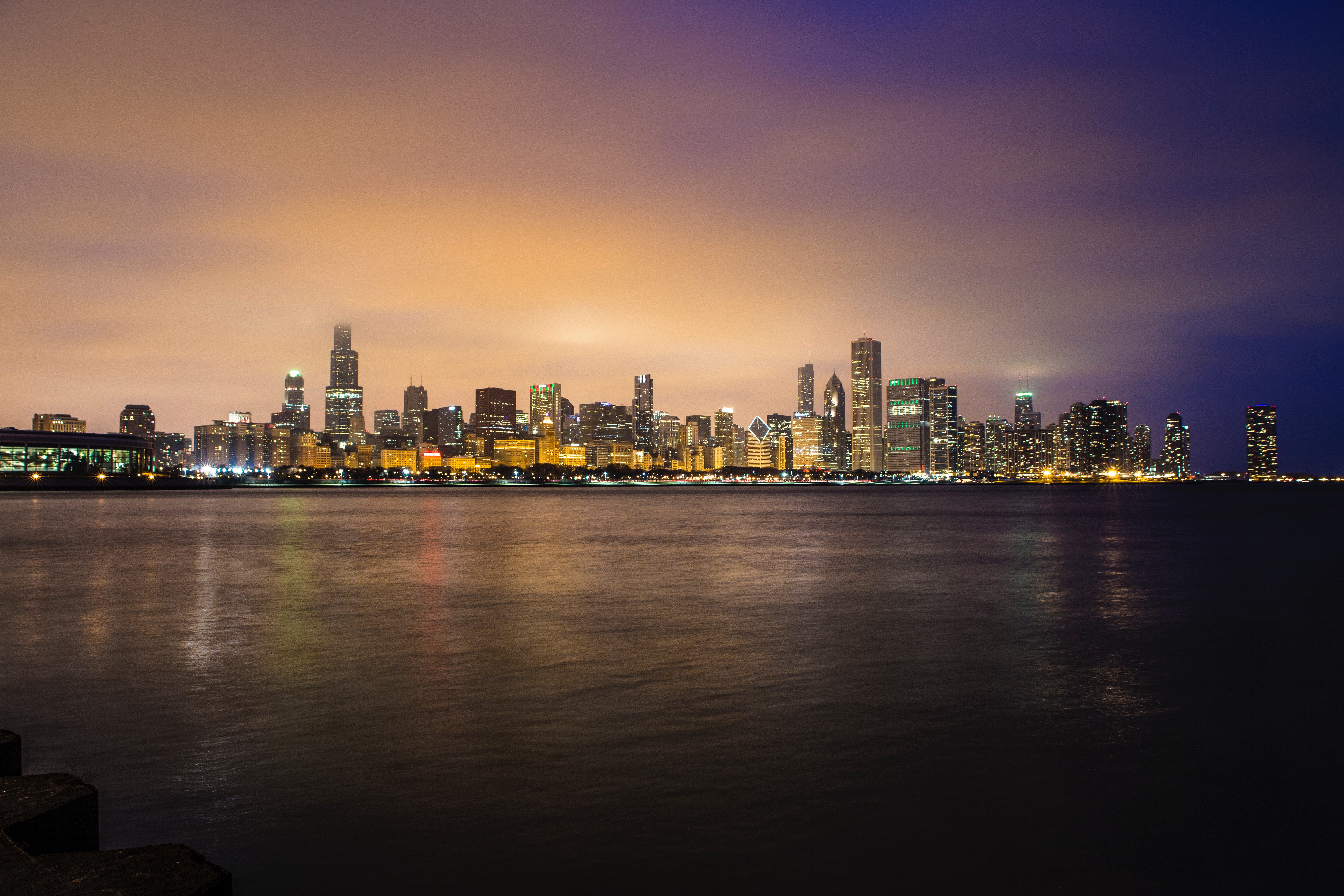
by Lucy Lane
At what point does the virtual world become so lifelike that it is indistinguishable from reality? By 2020, VR will be a 40bn industry, suggesting that we are entering an age in which it could become a part of mainstream life. Anything from first person horror games to flight training could be incorporated into these machines. Not to mention the potential for immersive and hyper-realistic pornography.
VR offers the opportunity to experience things that we would never otherwise be able to, all without leaving the couch. This could be laying on a Caribbean beach in the depth of winter, with advanced VR simulating the sights, smell and sounds of the perfect vacation. However, if you are academically minded, you may be wondering what this means for humanity. Are we at risk of leaving reality behind for a computer generated existence?
The Experience Machine
A common assumption in modern society is that all that matters is maximizing positive experience and minimizing the suffering of conscious beings. Philosopher Nozick sought to dispel this belief through a thought experiment. Imagine (and it’s not that far-fetched) that a machine could be hooked up to your brain and simulate whatever experience you desire.
You could view the world’s greatest cities and have the perfect vacation. All the negative experiences of jet lag and exhaustion would be removed. Would you choose to be permanently plugged into this machine? Nozick argues that if pleasure was intrinsically valuable, you would. However, many people believe that a life of being permanently sat in a chair, hooked up to a machine, is not a life worth living.
Technology and Wellbeing
There are obvious benefits to improved technology, particularly in medicine and education. However, it is not without its costs to society. Smartphones act as a constant distraction, which puts distance between you and the world around you, including other people. It can be difficult to remain in the present moment and, with less face to face interactions, many people are underdeveloped in social skills.
The problem is that technology and virtual life are addictive. Limited usage is beneficial, but too much causes stress, poor sleep and lower quality relationships. While we might agree that we’d rather experience the real world than plug into an endless virtual vacation, for many people the drive will be too strong. There is a danger that once we plug in, there will be no return.
Why Reality Matters
Life is a complicated and sometimes profoundly sad experience. However, through the inevitable suffering you can learn lessons, helping you to become wise and compassionate. This doesn’t mean that suffering is good and should be sought. However, it does mean that there is more to life than simply the experience of pleasure.
The development of VR is inevitable, but as a society we need to face some tough philosophical questions. This is best done now, while the technology is still young. Are there steps that can be taken to mitigate the chances of addiction? The world needs to prepare itself so that it can take advantage of the fun and pleasurable aspects of VR, without forgetting the importance of connection to something real.

One comment